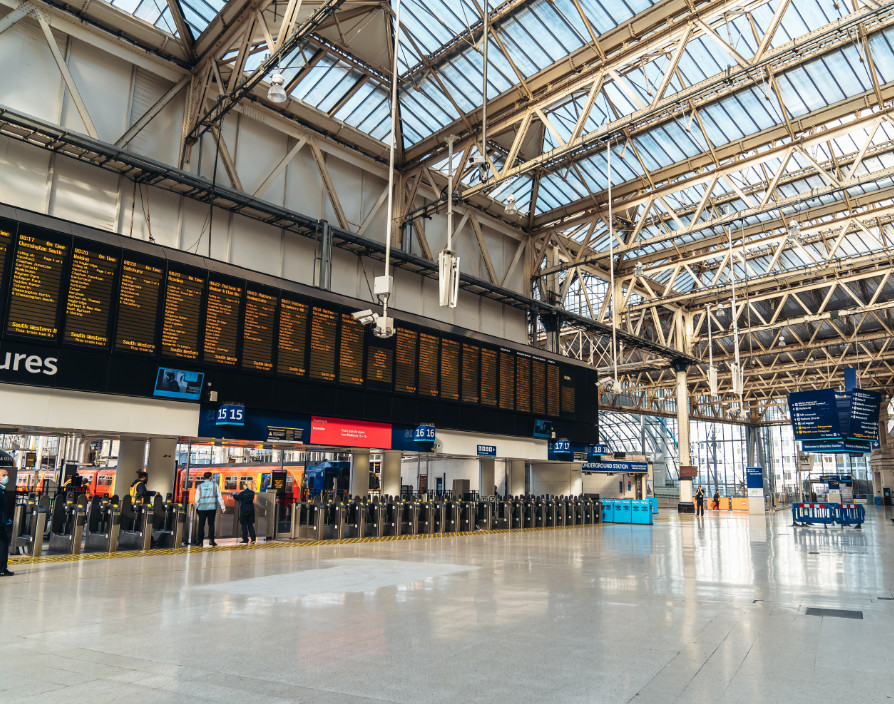Last year was a year of global transition. The shadow of the Covid-19 pandemic transformed our social behaviours and ways of thinking. People all over the world quickly became accustomed to new habits; wearing face masks to go shopping, social distancing amongst friends and sanitising after taking public transport. If this change demonstrated one thing; it was the human ability to adapt, to abandon long-standing habits in line with new circumstances.
This kind of adaptation has long been necessary in the world of work. While workers present a happy and uncomplicated face in the office, the reality is that people have messy and complicated lives with dependents, kids, healthcare issues that work is often inflexible to.
As we all know though, the world of work underwent an overdue transformation in 2020. The pandemic turned work as we knew it on its head, rushing businesses out of offices and forcing them to work remotely. Businesses soon realised that the new arrangement worked well; that employees could be as productive, or even more productive, when working flexibly from home. In light of financial uncertainty, companies also began making more project-based hires to avoid long-term financial commitments.
On the other end, much of the workforce actually preferred the new arrangement. Working from home allowed them to control their own time and environment, whilst new short-term and part time contracts offered them freedom from being tied to one company that may not suit them as their lives continued to change.
What resulted was a boom in freelancing. More than 1 in 5 of the freelancers on our Worksome platform went freelance during the pandemic. For some of these, this was out of necessity; with 15% deciding to work as a freelancer after being made redundant from a permanent role. But this new desire for flexible work is not merely a temporary trend. 83% of our freelancers have said that they would not go back to permanent work, and job adverts on our site are up from 25% remote roles to 90%. Flexible work is here to stay.
Data from Transport for London supports this, finding that only 35% of the capital’s commuters have returned since lockdown. The consequences of this shift may be more profound than simply fewer occupied seats on trains, though. It could change the infrastructure of cities, sending areas built for and around workers into decline. The City of London may no longer be the business hub that it once was and, as outlined in the recent Sifted Report of The Future of Work, this could impact the way that cities are built. Where coffee and sandwich chains are meeting places for business partners and colleagues and can be found on every street corner, office closures may have threatened their future.
One of the most cited benefits of remote work is the ability to work from any location. Freelancers and remote workers no longer need to take into account where a potential employer is based when looking for jobs. This vastly increases the number of jobs available to them, allowing them to consider roles that would have previously been well beyond their scope to commute to. One of Worksome’s contractors, for example, is based in Cheshire but works for a business based in London.
This possibility extends to the idea of working for a company based overseas. The difficult decision of whether to uproot your life when offered a dream role abroad is no longer an issue, as one can now work for a company in any corner of the globe without having to move from the familiarity of their own neighbourhood. A large proportion of the British workforce are taking advantage of this opportunity, with 23% of Worksome’s contractors based outside of London working for companies based overseas.
Unsurprisingly, many of these freelancers are concerned about the way that Brexit will affect their working arrangements. For many British freelancers working abroad, the possibility of a no-deal Brexit has been a short-term headache, causing uncertainty as to how their jobs may be affected with no specific plan in place to financially and logistically support them. These concerns do not only apply to freelancers working for international companies, with almost half (46%) of our freelancers concerned that there will be fewer jobs available this year, with Brexit placing more pressure on businesses already strained by the pandemic.
These concerns play into the broader issue of government support for the self employed. Over two-thirds of Worksome’s freelancers that accessed governmental financial support found it insufficient in supporting them through periods between jobs, and only 30% of our freelancers accessed government support in the first place. In particular, freelancers in the creative industries were excluded from government support programmes. Combined with the resurfacing of a controversial government retraining campaign, suggesting that a ballerina could retrain in cyber security, led to widespread criticism that the government were prioritising certain industries, leaving the arts behind.
Last year showed us that freelancing and flexible working have become the new way of work. No longer will the entirety of the UK workforce be travelling into an office in their own city five days a week. Exactly where the future of work will lead us is yet to be known, but perhaps this is the idea – that we can work in any way that we want to.
“
Share via:


















































